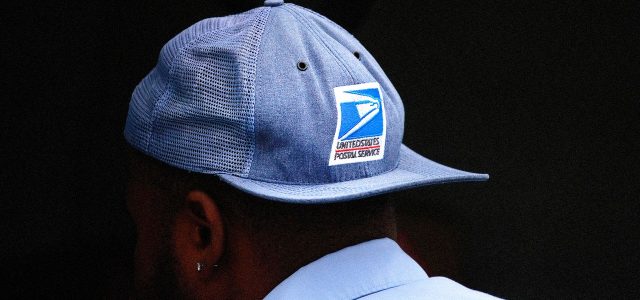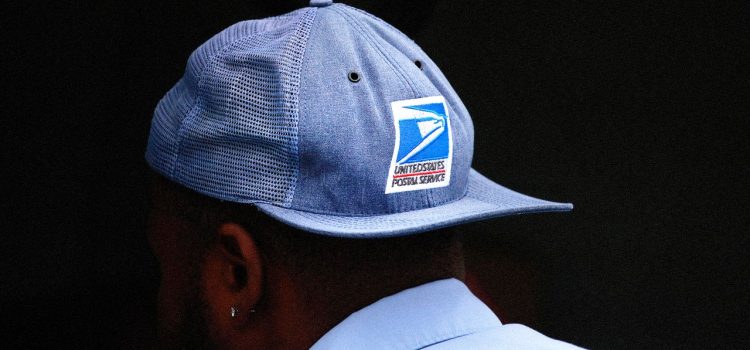


The notion that only a mail carrier will view a piece of mail is based on a quainter understanding of the mail handling process; a Norman Rockwell view of what a modern postal delivery system entails. In the US, the exterior of every piece of mail is photographed. And the information obtained from these photos, such as religious and political affiliations, is more intimate than people may realize. This data has been described by one former FBI agent as “easily abused” and a “treasure trove.” In comparing mail covers to the National Security Agency surveillance exposed during the Edward Snowden scandal, the renowned security technologist Bruce Schneier once called them “basically … the same thing.”
The letter to Barksdale is not merely aimed at telling the chief inspector—an official who oversees dozens of field offices and labs and an army of law enforcement agents and other technical resources—things that he already likely knows. Instead, they’d like him to simply end the process.
The USPS declined to comment.
There is no federal statute requiring the post office to allow mail covers. The Postal Service authorizes this through its own regulations, conforming to interpretations of what is most permissive under the Fourth Amendment. Those protections were strengthened in 1967 as a result of a US Supreme Court ruling that established a legal test—which is still used—known as an “expectation of privacy.” And while intercepting electronic metadata, as the senators note, generally requires a court order—because the courts have decided Americans do reasonably expect that information to be private—judges haven’t exactly ruled the same way in cases involving physical pieces of mail. There are many intricacies involved, but in at least one major case, judges pointed to another legal test, known as the “plain view doctrine,” which applies to evidence investigators can clearly see.
“The risk of abuse of mail covers is not theoretical,” the lawmakers write in the letter.
The history of abuse of mail covers, as the lawmakers note, is a long one. A famous incident occurred in the 1970s, when a 15-year-old girl mistakenly wrote to the Socialist Workers Party—a communist organization strongly supportive of Cuba—while researching a school assignment involving the Socialist Labor Party. The teenager was thoroughly investigated by the FBI, which even sent an agent into her school.
The senators note that Church Committee, which was formed in 1975 to investigate US intelligence abuses, uncovered that the Central Intelligence Agency had photographed “the exteriors of over 2 million pieces of mail,” while opening hundreds of thousands of others, that belonged to “prominent activists and authors.”
Indeed, the senators say, modern fears of postal abuse hearken back to the Founding Fathers themselves, who decried what Thomas Jefferson called the “infidelities of the post office,” surveillance that broadly forced those at odds with the British occupation to resort to encrypting messages they wished to keep private. These messages include, the lawmakers note, “an early proposal for the Bill of Rights.”
The lawmakers ask that Barksdale cease allowing mail covers without the permission of a federal judge, “except in emergencies.” And to increase transparency, they say, the post office should begin publishing annual statistics on the mail covers it does allow. It has not done so since at least 2014 (in conjunction with an Inspector General report).
“While mail covers do not reveal the contents of correspondence, they can reveal deeply personal information about Americans’ political leanings, religious beliefs, or causes they support,” the senators write. Consequently, any such abuses are a threat, they say, to not only Americans’ right to associate politically and religiously, but to assemble “without the government watching.”
